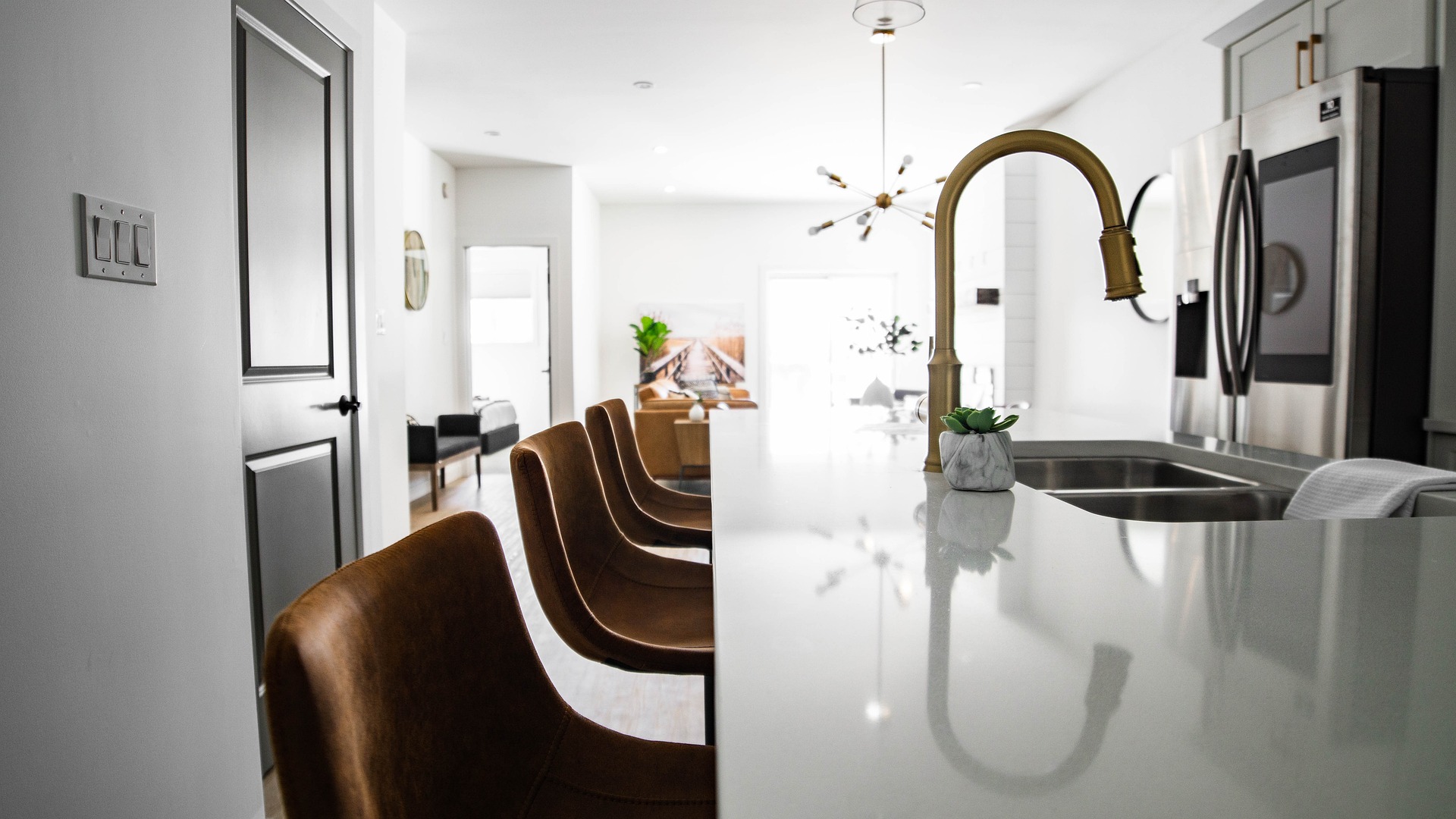Decoding the Potential of Mixed-Use Real Estate
Introduction: In today's competitive real estate landscape, diversification is key to resilience and profitability. One strategy increasingly attracting attention is mixed-use real estate—a blend of residential, commercial, and sometimes industrial spaces. This article delves into the rising prominence of mixed-use properties, their unique advantages, challenges, and their potential impact on the real estate market.

Unraveling the Concept of Mixed-Use Real Estate
Historically, urban developments were often mixed-use, with people living above shops, bakeries, or other businesses. However, with the rise of suburban living in the mid-20th century, residential and commercial areas became more segregated. Fast-forward to the present day, and we’re seeing a resurgence of this real estate format. Mixed-use real estate developments are designed to include a variety of functions, such as retail, office, residential, entertainment, and even cultural institutions, all within a single property or complex.
The Upswing in Mixed-Use Real Estate Trends
The shift towards mixed-use property in recent years is driven largely by changes in lifestyle preferences. Urban dwellers, particularly millennials and Gen Z, are seeking convenience, walkability, and a sense of community. This, coupled with the reduced dependency on automobiles, has made mixed-use developments increasingly desirable. There is a growing trend of people wanting to live, work, and play all within the same area, making mixed-use properties a hot commodity in today’s real estate market.
The Advantages and Challenges of Mixed-Use Real Estate
Mixed-use properties come with several benefits—they can lead to higher property values, increased foot traffic for businesses, and vibrant, active communities. They also offer diversification for investors, spreading risk across different types of real estate. However, these developments also come with their own set of challenges. They require careful zoning, planning, and design, and can face higher construction and management costs.
Impact on Buyers, Sellers, and Investors
For buyers, mixed-use properties can offer a vibrant lifestyle with easy access to amenities and lower transportation costs. For sellers and developers, these properties can offer competitive advantages, including higher rents and property values. For investors, mixed-use real estate can offer a diversified revenue stream and potential for higher returns. However, the complexity of managing these properties and potential for market saturation are factors that need to be considered.
Looking Forward: The Future of Mixed-Use Real Estate
As cities continue to evolve, mixed-use real estate is likely to grow in importance. These developments have the potential to revitalize neighborhoods, promote sustainable living, and offer lucrative opportunities for investors. However, their success will depend on thoughtful design, strategic planning, and the ability to adapt to changing market conditions.
In conclusion, mixed-use real estate is a dynamic and exciting area of the property market. As with any investment, it requires careful consideration and understanding. But for those willing to navigate its complexities, it offers a unique blend of benefits and opportunities.




